China is the world’s second largest economy, so it’s inflation and deflation affect not only the residents and government there, but also the economy of the entire world.
And just last week, China’s pork prices decreased by a whopping 6%, which experts say is absolutely a sign of nation-wide deflation.
How COVID-19 Affected China’s Economy

Before digging into the current deflation issue, it’s first important to understand China’s recent economic struggles.
During the COVID-19 pandemic, China enforced stricter and longer lockdowns than almost any other country on earth. And this reality has significantly affected its economy, not only during the lockdown, but even now, at the end of 2023.
Experts Assumed China’s Economy Would Bounce Back
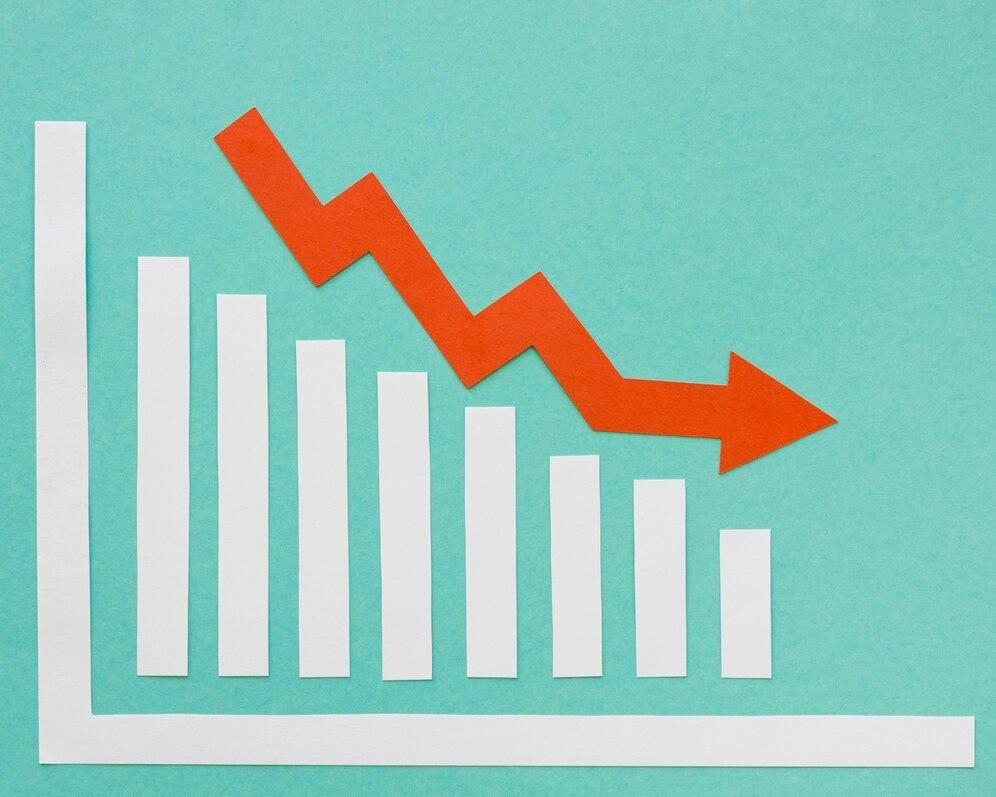
While many financial strategists assumed that as soon as the lockdown was over, China’s economy would almost immediately bounce back, that’s not exactly what happened.
In fact, China is currently experiencing extreme debt within the real estate industry, as well as low consumer activity.
Let’s Talk About Pork Prices in China
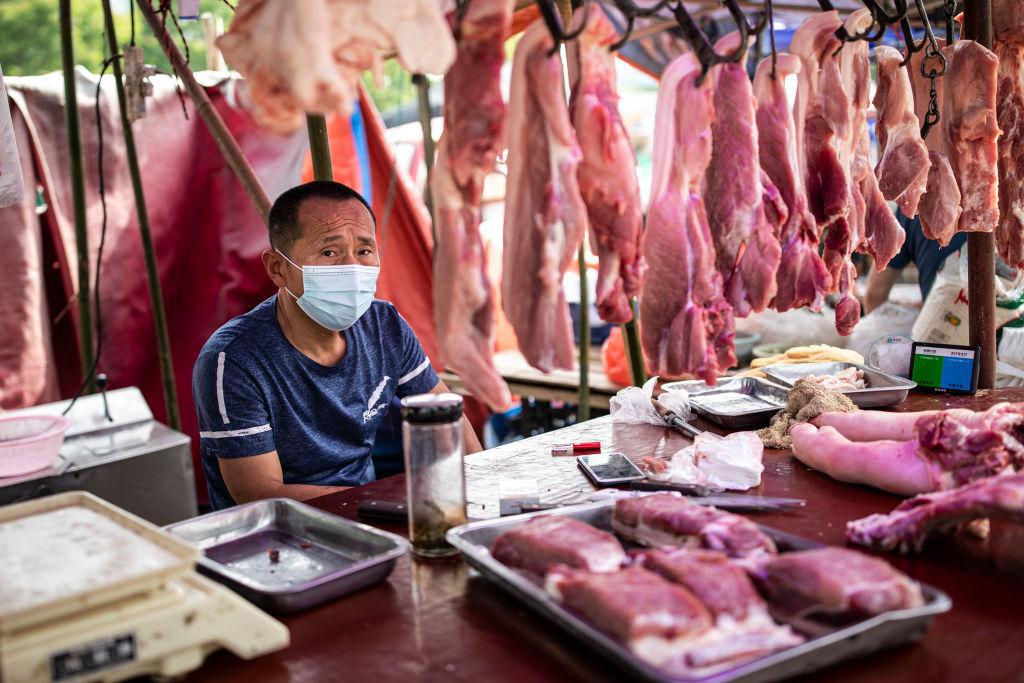
Now, when it comes to China’s struggling economy, one clear sign of trouble is the current price of pork.
The price of pork has fallen 6%, sitting at its lowest price point since April 2022. According to the Chinese government in Beijing, they have been attempting to buy more pork since November to curtail the significant decrease, but they simply can’t keep up.
Unimpressive Consumption
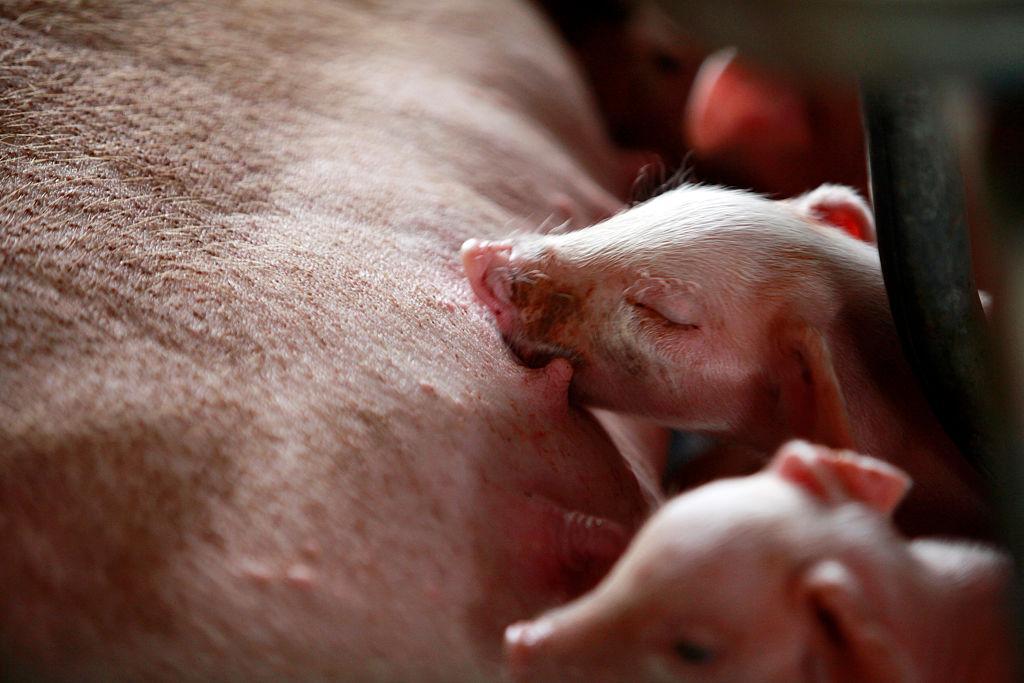
China is the world’s leading producer and consumer of pork products; however, with low consumer consumption around the country, prices are falling dangerously low.
Essentially, Chinese hog farmers are now hoarding their product in order to attempt to increase their value, but the Chinese government is asking these farmers to sell their pigs for pork as soon as possible in order to regain some neutrality in the price.
Too Many Hogs Could Cause the Opposite Problem
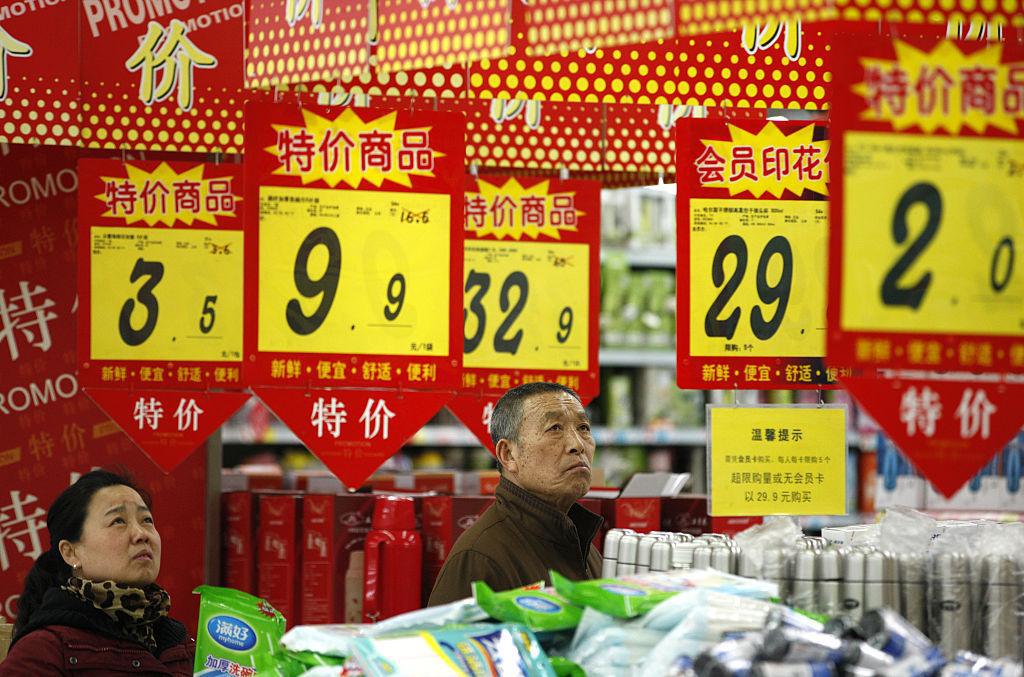
However, it’s important to note that in order for the price of pork to stabilize, hogs cannot flood the market.
If too many smaller farmers push their pigs to market, there will be an oversupply, which would increase the plummeting price of the popular product.
Chinese Spring Celebrations Are Right Around the Corner

The agriculture ministry in China noted last week that they don’t expect pork consumption to improve over the next few months, even though the nation’s residents will celebrate their spring holidays.
However, they do expect more hogs to be sent to slaughter, and they hope that price point will naturally adjust over the coming months.
Deflation Will Continue to Increase Without Policy Change

Many are arguing that it’s not the consumer or even the hog farmers who will create lasting change for China’s floundering economy, it’s the government in Beijing that needs to step up.
The Federal Reserve is severely in debt; Bloomberg has estimated that the total debt of the country is about “282% of its annual economic output.”
Beijing is Asking Economists to Change Their Negative Tone
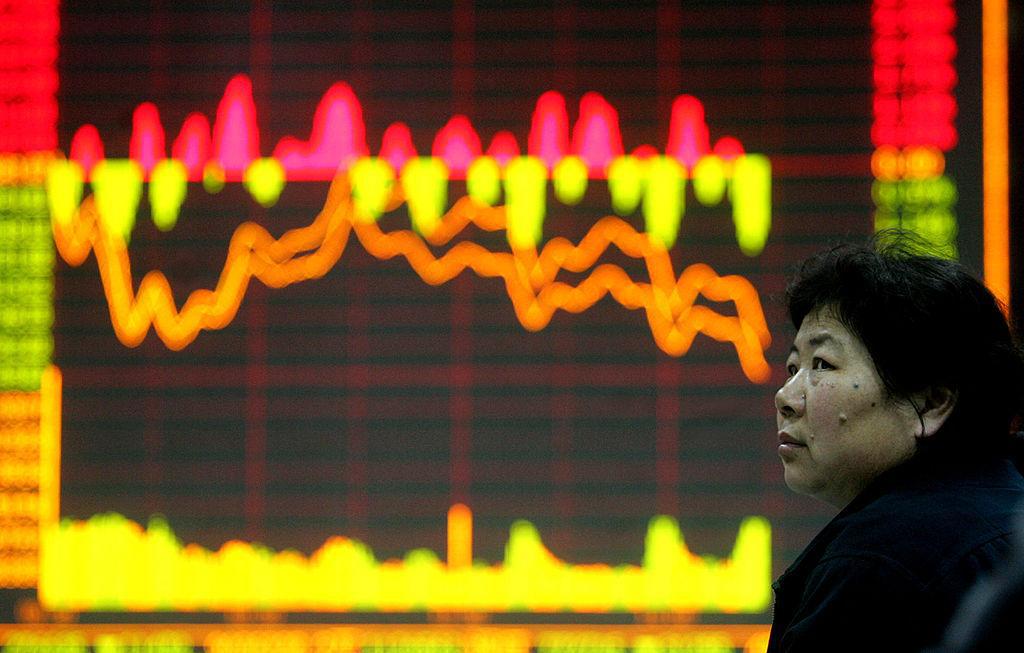
Recently, Beijing officials publicly asked economists to “interpet bad news from a positive light” in order to improve the national and international perception of the country’s failing economy.
Though most economists agree that’s almost impossible to do when one looks at the numbers.
The Cold Hard Facts
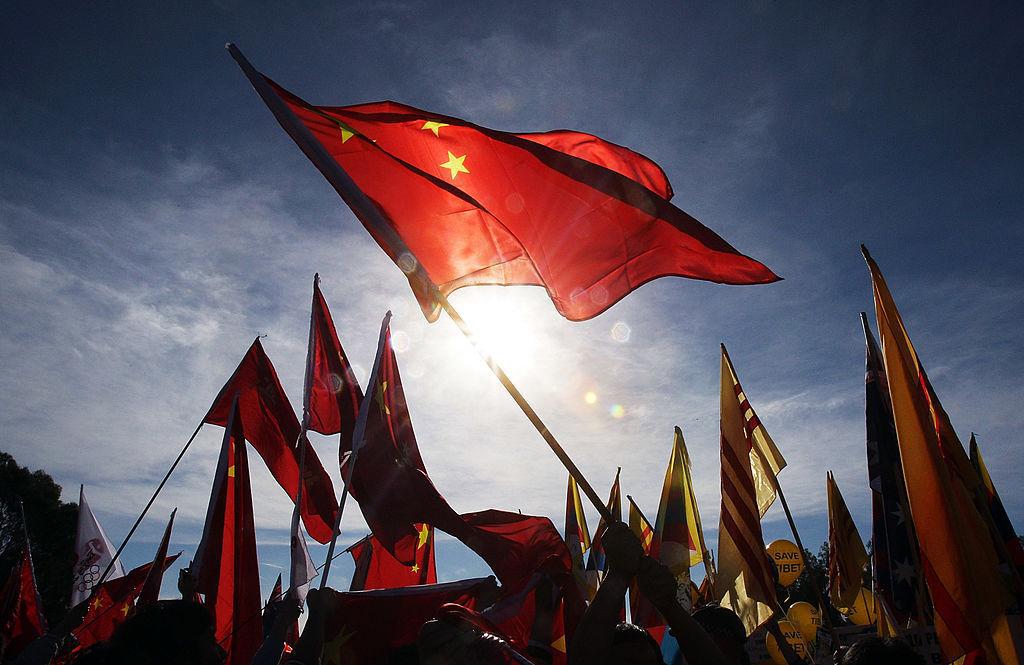
The numbers simply don’t lie: China is in trouble. Exports are down 5% since 2022, and imports have dropped by 7.6%.
And in July, exports dropped to its lowest point in three years at 14.5%. These intense decreases are even more shocking when compared to China’s pre-pandemic economy which was steadily growing by about 6% each year.
China Struggles to Export as the USA Turns Down Trade
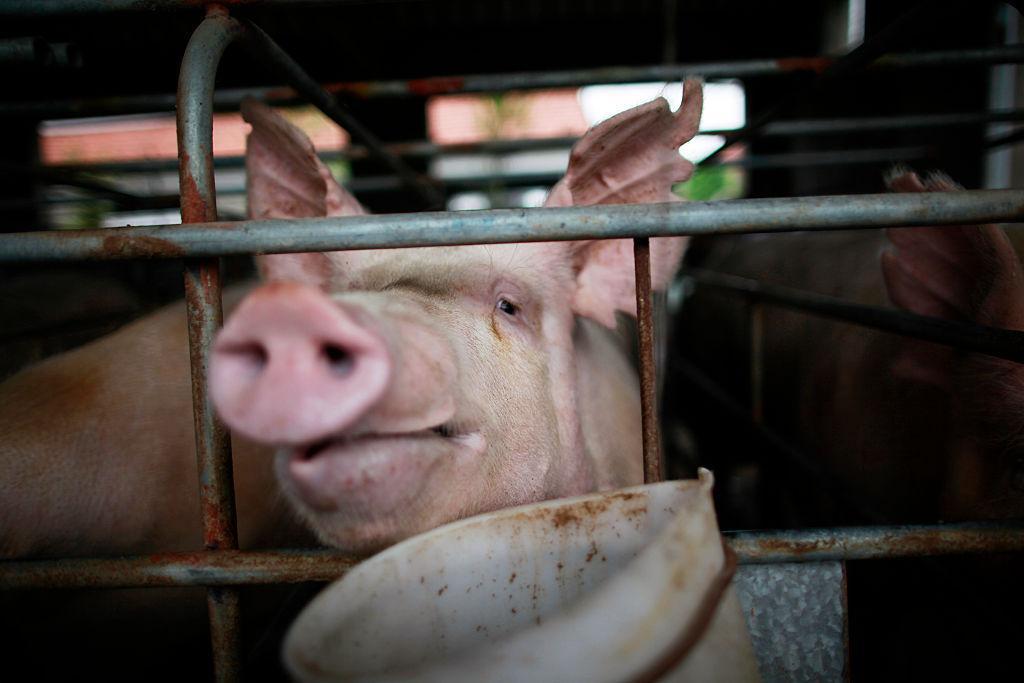
Another aspect to this complicated issue is that the United States has significantly decreased their purchases from China in the last few years.
China typically exports an extreme amount of pork, but it also historically has made the majority of its money through selling tech equipment and machinery to the USA. However, the US Census Bureau reported a 23.7% decrease in imports from China.
What’s Next for China’s Pigs & Its Economy?
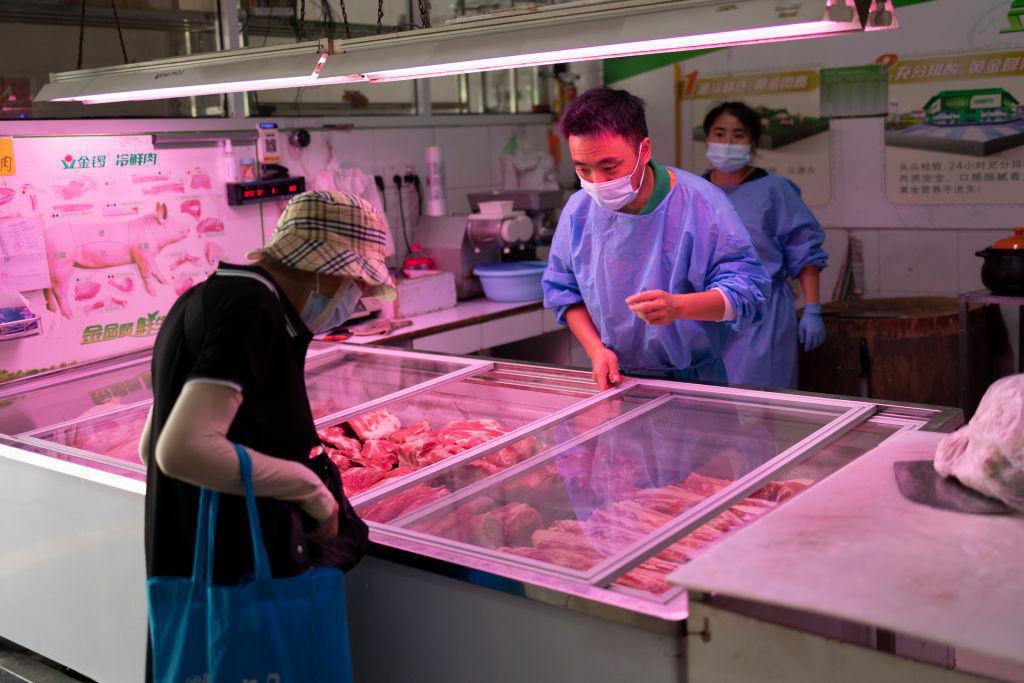
It’s impossible to say what will happen next for China’s economy, or even the price of pork around the country.
Though it seems that if the Chinese government cannot curtail its rising deflation, prices will continue to crash and the entire nation will find itself in an economic recession sooner than later.
